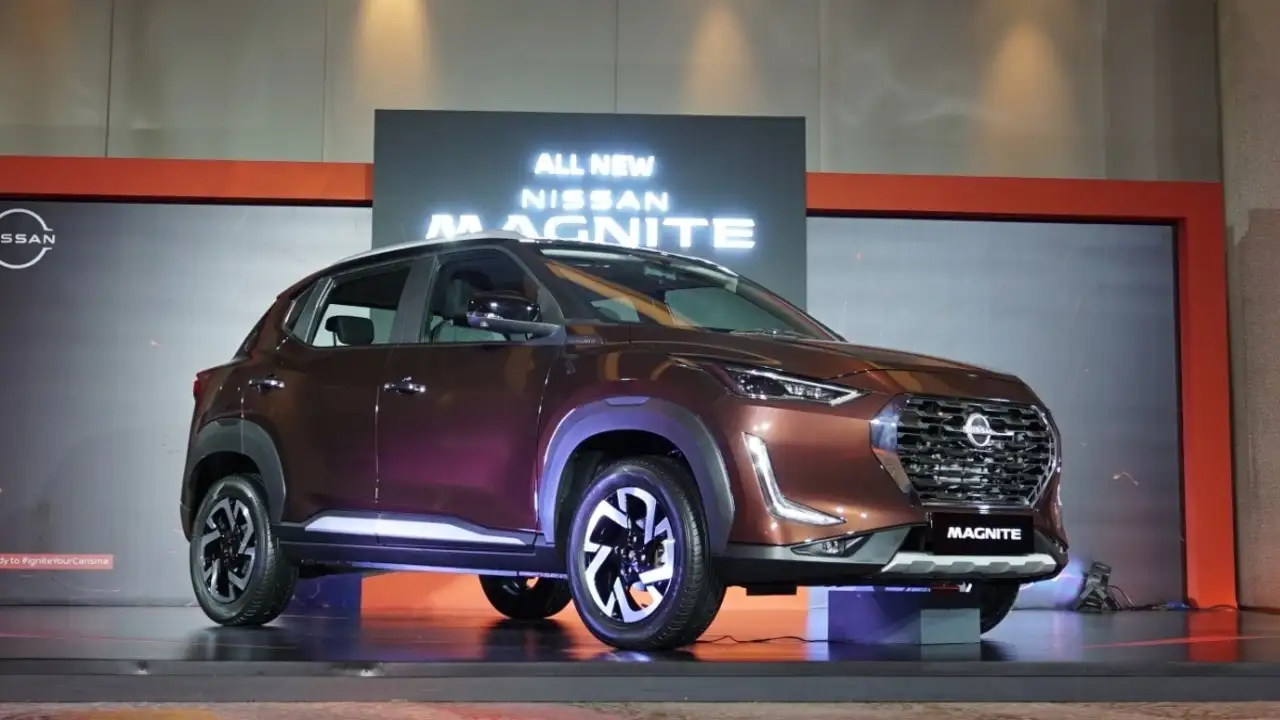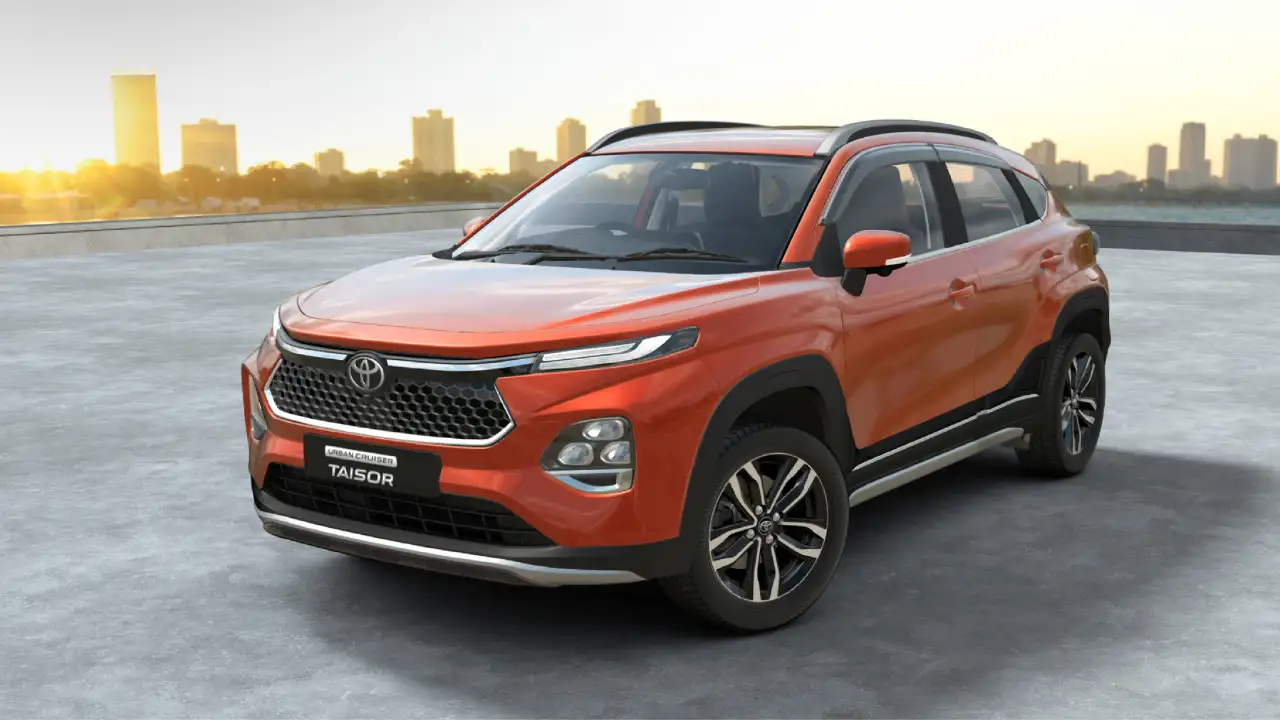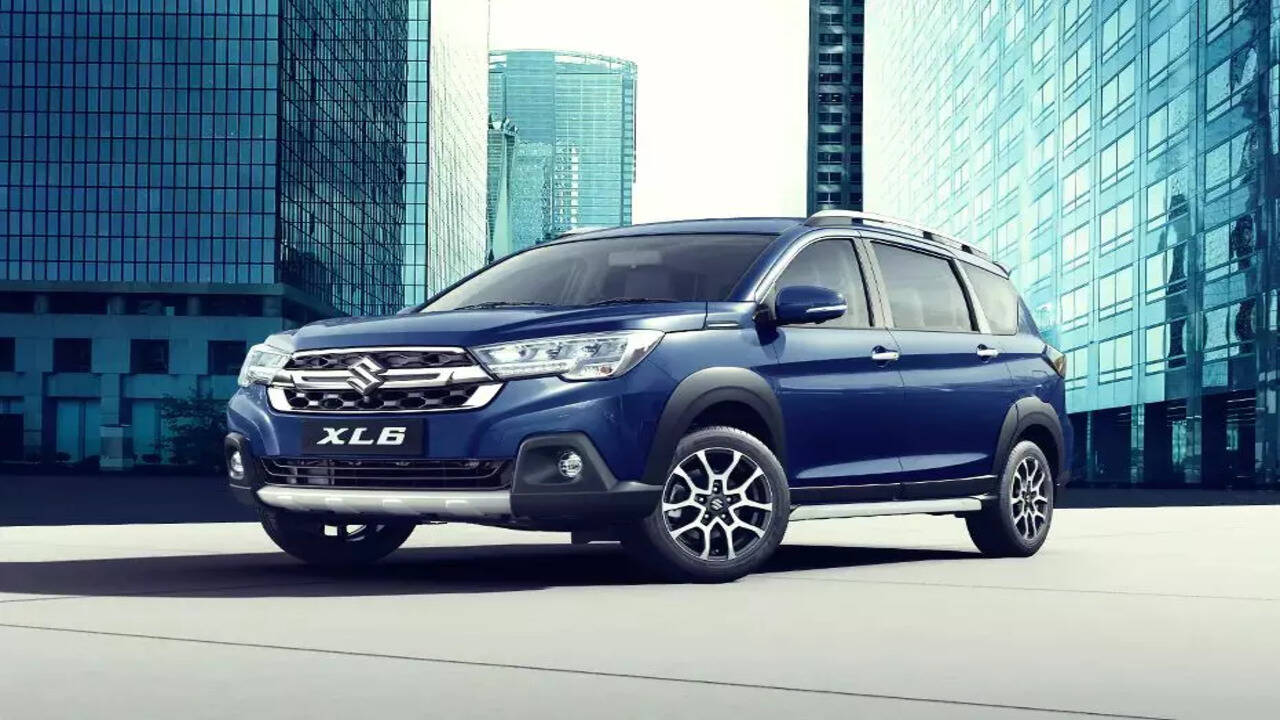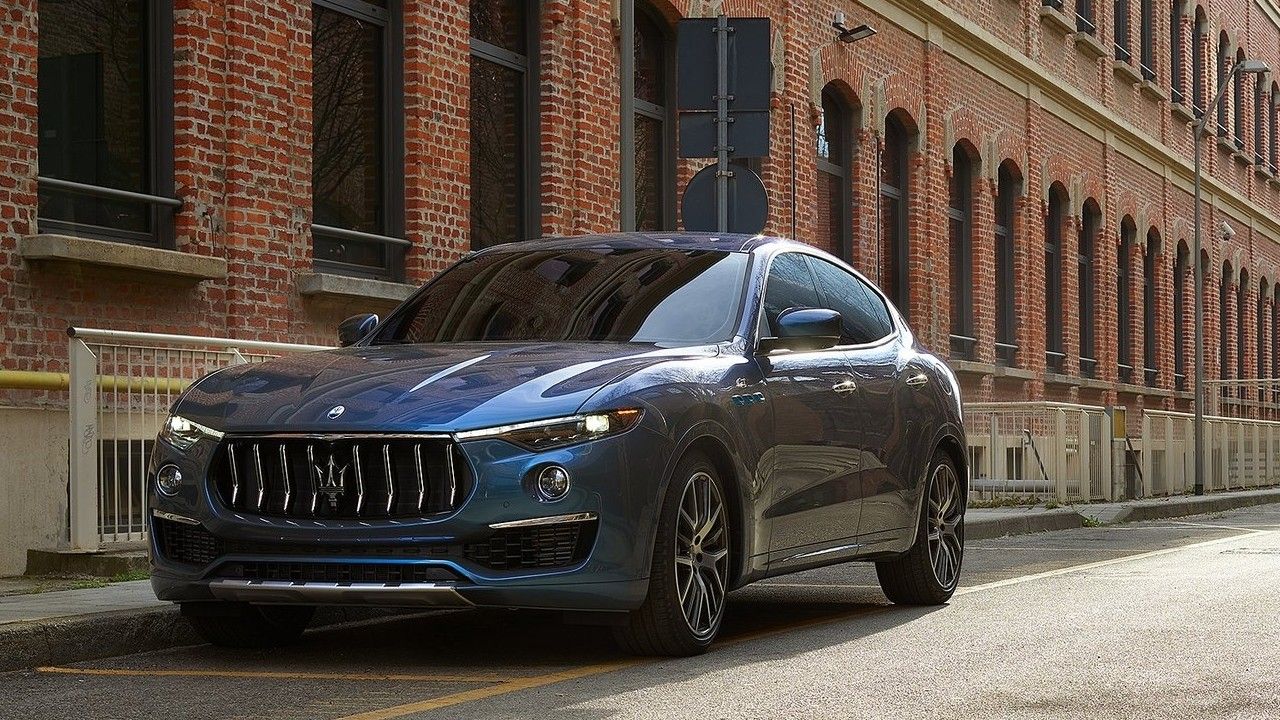Nissan India, a prominent player in the automotive industry, has announced plans to revise the prices of its vehicles across its entire lineup in the country. This decision comes amid rising production costs, global supply chain challenges, and inflationary pressures that have affected the automotive sector globally. The price revision is set to impact a variety of models, including some of Nissan’s most popular offerings, such as the Nissan Magnite, Kicks, and the upcoming vehicles in its portfolio.
As a result, prospective buyers and current owners need to be aware of the changes and understand how this might impact their vehicle purchase decisions. Here’s a closer look at why Nissan is increasing prices and what consumers should expect in the coming months.
Why Is Nissan Revising Prices?
The primary reason behind the price revision is the significant rise in the costs of raw materials used in vehicle manufacturing. Over the past year, the automotive industry has experienced sharp increases in the prices of essential components such as steel, aluminum, plastics, and semiconductor chips. These materials play a crucial role in the production of vehicles, and their rising costs have put immense pressure on automakers to adjust their pricing strategies.
In addition to the increase in raw material costs, the global shortage of semiconductor chips continues to disrupt production schedules. These chips are integral to vehicle systems like infotainment, safety features, and engine management, and the ongoing shortage has led to delays in production, further driving up the cost of manufacturing.
Fluctuations in fuel prices, changes in labor costs, and inflationary trends have also added to the financial strain on automakers. As a result, Nissan has made the decision to pass on some of these additional costs to consumers through a price revision for its vehicles in India.
Which Nissan Models Will Be Affected?
Nissan’s upcoming price revision is expected to affect several of its key models, including the Nissan Magnite, Nissan Kicks, and Nissan Patrol, as well as potential new additions to its lineup.
The Nissan Magnite, the brand’s popular compact SUV, has been one of the top-selling models for Nissan in India. With its stylish design, feature-packed interiors, and competitive pricing, the Magnite has attracted a large number of buyers in the subcompact SUV segment. However, with the price revision, the Magnite may become slightly more expensive, which could impact its affordability for potential buyers in the highly competitive compact SUV market.
Similarly, the Nissan Kicks, a mid-size SUV, will also see a price hike. The Kicks has earned a strong reputation for its design, solid build quality, and range of features. Although it continues to be a competitive option in the SUV segment, the price revision could make it less affordable for buyers in the entry-level SUV category, where competition is fierce.
Nissan’s plans for future models, including larger SUVs and possibly electric vehicles, could also lead to price adjustments. As automakers around the world focus on electric and hybrid technologies, Nissan is likely to expand its range of eco-friendly vehicles in India, which could have an impact on pricing due to the higher costs associated with these advanced technologies.
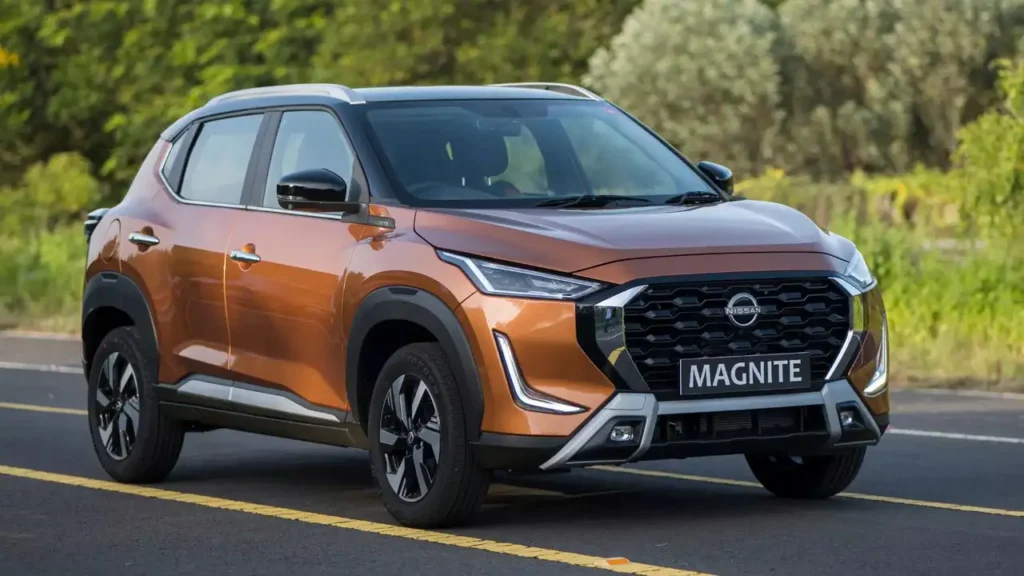
Impact on Indian Consumers
Nissan’s price revision will have a noticeable impact on the Indian automotive market, particularly for consumers who are on a budget or are looking for cost-effective options. India’s automotive market is known for its price sensitivity, with many buyers prioritizing affordability. A price increase, even for popular models like the Magnite and Kicks, could affect the purchasing decisions of many potential buyers.
The impact will be especially felt in the subcompact SUV and mid-size SUV segments, where there are several competitors offering similarly priced vehicles. Brands like Maruti Suzuki, Hyundai, and Tata Motors continue to dominate these segments, and a price hike by Nissan could shift consumer interest toward these alternatives, especially for those looking to make the most out of their budgets.
However, Nissan’s loyal customer base, which appreciates the brand’s build quality, innovative features, and durability, may continue to find value in the brand’s offerings despite the price increase. Additionally, Nissan’s reputation for offering value-for-money vehicles with a solid after-sales service network could help mitigate some of the effects of the price revision.
What Nissan Offers to Indian Consumers
Despite the price increase, Nissan’s vehicles remain a compelling option for Indian consumers. Known for their durability, high build quality, and modern features, Nissan models provide a great value proposition. Vehicles like the Magnite and Kicks come equipped with advanced safety features, intuitive infotainment systems, and modern styling, which make them highly desirable in the Indian market.
In addition, Nissan’s after-sales service network in India is one of the brand’s key strengths. With a robust presence across the country, Nissan offers reliable service, warranty packages, and maintenance support, ensuring that customers enjoy a seamless ownership experience. For many buyers, this level of service plays a significant role in their decision to choose Nissan over other brands.
Nissan’s focus on fuel efficiency is another selling point for Indian buyers. The brand’s vehicles are designed to be economical in terms of fuel consumption, which makes them a practical choice for those who drive frequently in urban environments. Moreover, with the growing emphasis on sustainability, Nissan’s plans to introduce more electric and hybrid models in India will help the brand cater to the increasing demand for eco-friendly transportation options.
The Future of Nissan in India
Looking ahead, Nissan’s focus on affordability, quality, and customer satisfaction will continue to play a vital role in its success in the Indian market. Despite the price hike, Nissan’s innovative models, coupled with its strong after-sales service, ensure that it remains a prominent player in India’s competitive automotive sector.
Furthermore, with the increasing demand for electric vehicles (EVs) and hybrid technology, Nissan’s plans to expand its EV lineup could help the brand remain relevant as the Indian market transitions towards more sustainable mobility options. The brand’s commitment to developing greener alternatives and keeping pace with global automotive trends will be crucial for its long-term success in the country.
Conclusion
Nissan India’s decision to revise the prices of its models comes in the wake of rising production costs and supply chain challenges that are affecting the global automotive industry. While the price hike may make Nissan’s popular models like the Magnite and Kicks less affordable, the brand’s focus on offering high-quality, feature-rich vehicles ensures that it will continue to attract Indian consumers. For those looking to purchase a Nissan vehicle, understanding the upcoming price changes is essential, but the brand’s reputation for reliability, innovative features, and customer support will continue to make it a competitive choice in the Indian automotive market.
